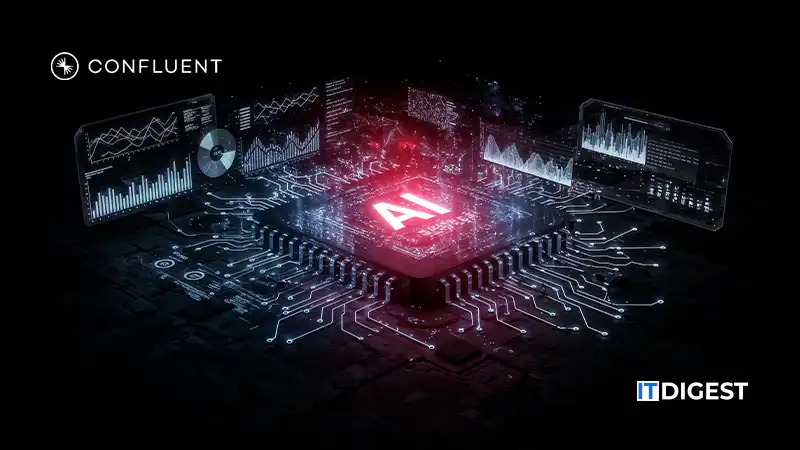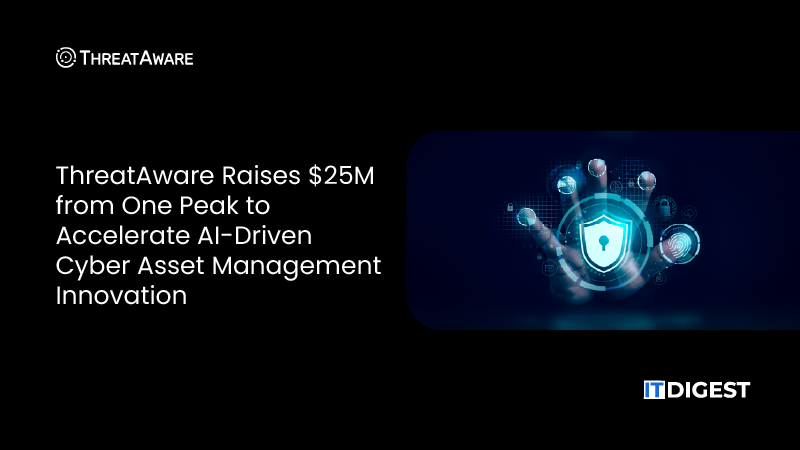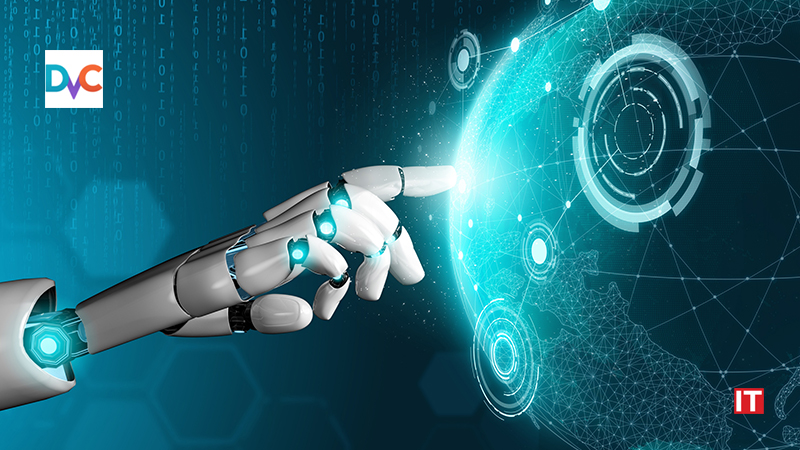DVC, the leading tool for data versioning and machine learning (ML) workflow management, announces the release of DVC 3.0, featuring updates to the entire DVC stack. With improved experimentation and data versioning capabilities, DVC now offers a complete solution for model management, from notebook exploration to deployment.
DVC 3.0 introduces new features such as model registry, cloud compute for experiments, and cloud versioning. These updates make it easier than ever to track experiments and develop ML models collaboratively.
With DVC’s Python logging library DVCLive, users can easily start tracking experiments with just a Git repo. The DVC extension for VS Code provides an experiment tracking workbench without any servers or logins, while Studio offers a collaboration hub for sharing, reviewing, and merging experiments.
Hyperparameter optimization is also made simple with DVC 3.0. Users can queue an entire grid search of experiments, configure multiple complex model architectures with Hydra integration, and track Optuna studies.
The Studio Model Registry allows users to manage their entire model lifecycle within their Git workflow. And with the alpha release of Studio Cloud Experiments, users can run DVC experiments on their own cloud infrastructure with just a few clicks.
DVC 3.0 also brings improvements to data versioning and cloud/remote storage. Users can now run or verify a pipeline without pulling data first, add or modify files in a larger dataset without downloading the full dataset, and import data that’s already versioned by their cloud provider without having to copy it to DVC’s own storage.
“We are proud of the work we have done on the core of DVC with the help of our Community to deliver a new DVC Stack that extends not only its capabilities but seamlessly improves the performance and user experience of our MLOps ecosystem of tools including our DVC extension for VS Code and Iterative Studio. Together this ecosystem delivers an end-to-end experience from developer to team, fully integrating our GitOps approach to machine learning development, saving teams time and money.” Dave Berenbaum.
SOURCE: Businesswire

































